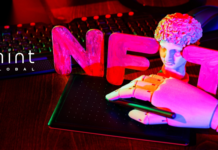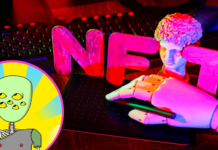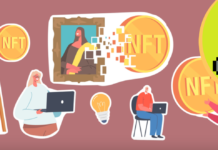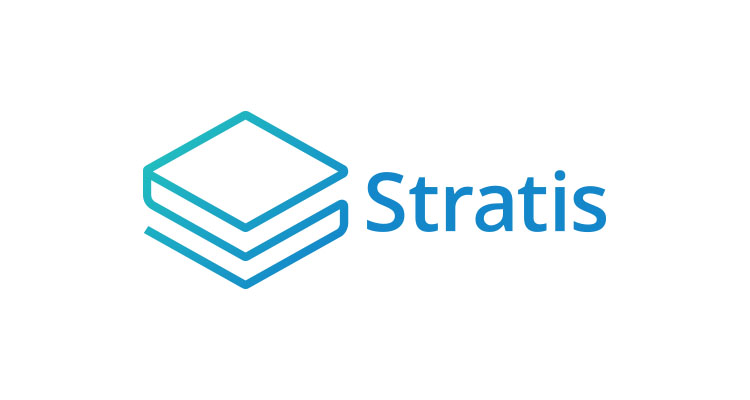
Blockchain technology offers a lot of potential advantages for businesses. On a big chain like Ethereum, for example, businesses can set up automated, trustless transactions, or build an immutable ledger for tracking transactions, shipping routes, and much more.
But taking advantage of those features on a major chain like Ethereum also poses problems. The company has no control over the chain’s development. A problem with some other Ethereum-based project could tank Ethereum’s value, or create PR problems for everyone associated with the chain. And if any major vulnerabilities were ever discovered, the company’s data and crypto-based funds might be up for grabs to hackers, even if the hackers weren’t specifically targeting that company.
Plus, blockchain knowledge is pretty thin at a lot of the world’s top companies. They may have armies of programmers familiar with languages like C# and the .net framework, but they probably don’t have many skilled coders working with Solidity (which is used for Ethereum’s smart contracts).
Stratis is a blockchain platform that’s aimed at solving those problems and offering the best-of-both worlds: a powerful, feature-rich global chain and the capability for integrated sidechain. That allows companies to easily build their own proprietary chains, taking advantage of the blockchain and Stratis’s features while remaining insulated and separate in case problems should occur with the main chain.
Stratis 101: Understanding The Platform
Stratis is a blockchain platform that offers both its own chain and a suite of tools to help companies integrate with that chain or build their own sidechains. It’s meant to offer a window into blockchain for companies that don’t want to have to hire a whole new team of programmers or to rewrite all of their existing software to sync with a different platform.
The core of Stratis is essentially an updated, more enterprise-friendly version of Bitcoin – think Bitcoin but faster, more scalable, and without the power-wasting proof-of-work mining features. Then, on top of that base, there’s the Statis platform, a blockchain platform that will allow for the creation and operation of decentralized apps.
A fintech firm, for example, could use the Stratis blockchain to validate customer identities, tracking all transactions and ensuring that funds are being delivered to the correct people.
$STRAT
Stratis’s blockchain is secured with a proof-of-stake algorithm and run using the STRAT cryptocurrency token. That means there’s no hardware mining of STRAT; it’s a low-inflation crypto but holders can generate some STRAT in the form of block rewards if they have enough coins to operate a network node. Operating a master node requires 250,000 STRAT – valued at over $1.4 million, that’s currently out of reach for most investors – but there’s talk of opening up lower-tiered nodes as well.
Like many tokens on other networks, STRAT’s primary purpose is as a form of “gas” used as payment for transactions on the network. Of course, it can also be traded speculatively as an investment, and the coin is currently listed on a whole bunch of exchanges, including Binance, Bittrex, and Poloniex.
As of this writing, there are just under 100 million STRAT tokens in circulation, and the total STRAT market cap is close to $600 million.
The Future of Stratis
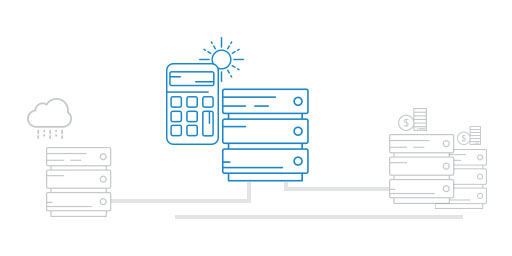
Stratis is headed by an experienced team that includes CEO Chris Trew, who has over a decade of experience in enterprise IT, and technical lead Nicolas Dorier, an experienced Bitcoin developer who created NBitcoin and has written an entire book on blockchain programming in C#.
As a company, Stratis has also partnered with a number of major corporations. Its highest-profile success might be its integration into Microsoft Azure’s blockchain-as-a-service store as one of its available enterprise blockchain services, but it has formed partnerships with companies in industries ranging from software to seafood.
It’s true that investor interest in the coin has cooled somewhat since the heady days when it was cracking Coinmarketcap’s top ten, but that’s no reason to count Stratis out as a potentially valuable investment.
Enterprise blockchain solutions in C# may not be as sexy-sounding as some other blockchain projects, but the world is full of companies that need easy-to-integrate blockchain solutions. They’re not going to throw out all of their existing systems and learn to code in Solidity, so Stratis has some real value to offer. Whether that will be enough to win is an open question, but the company is off to a promising start.




















